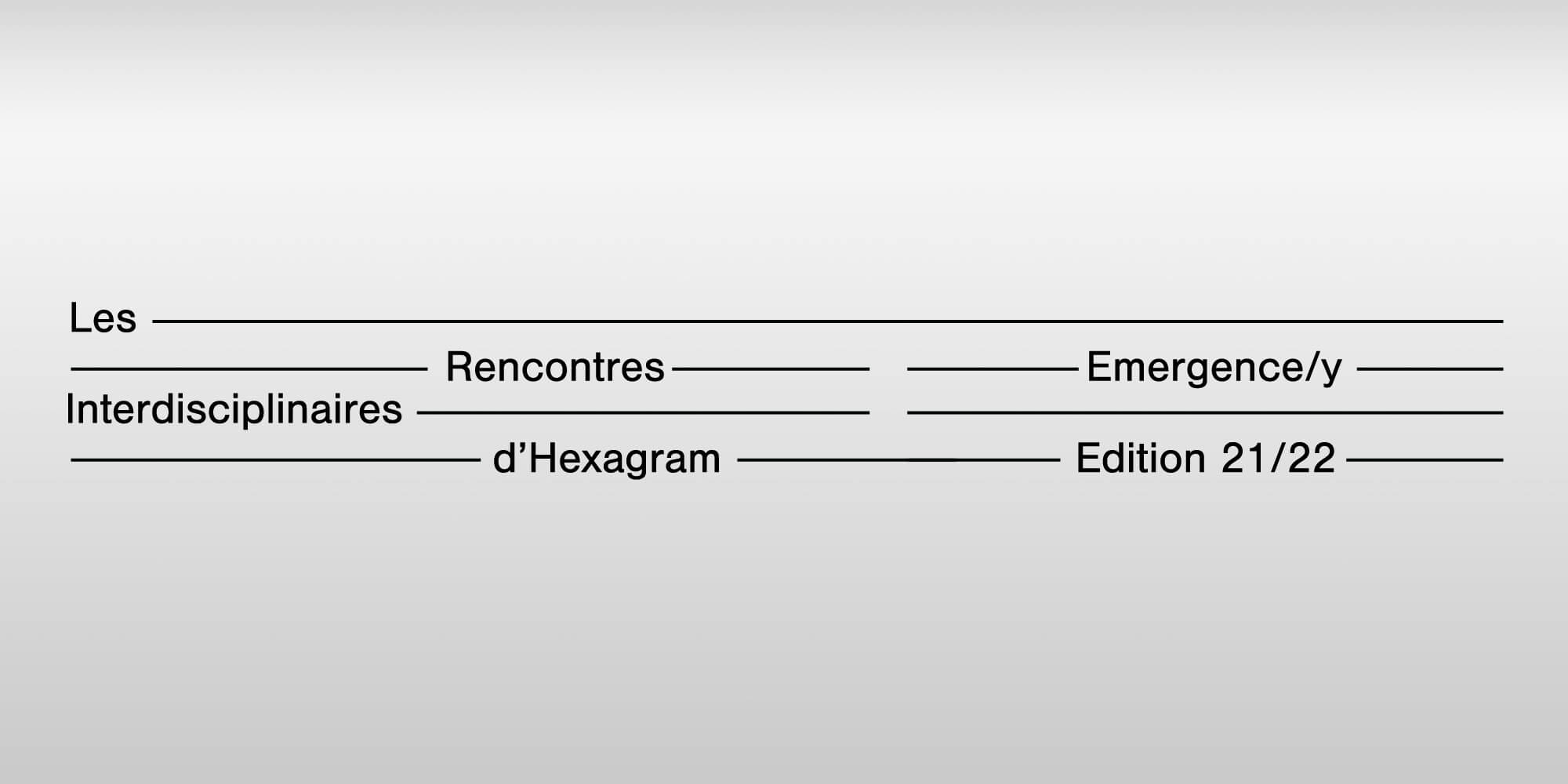Our relationship to artificially intelligent technologies is largely framed by popular media, news reporting, or major scientists’ claims. These frames restrict such systems to notions of control and utility, all the while keeping the black-box of these technologies intact, and thus furthering an elite-expert hegemonia that had been defining how to think of AI since the last half of the previous century. One way to subvert this history is to imagine different futures with these technologies, and bringing forward different questions that were (unfortunately) not germane to the AI sciences. Questions about non-humans and their agency seem especially pressing in the discourse of AI, but they cannot find a way out of a dichotomy of human-machine in the Western knowledge systems. Rather, in this workshop, we would like to bring to attention how to conceive of the world as consisting of multiplicities and heterogeneous communities, by bringing in Indigenous Protocols for imagining the futures that we will be sharing with nonhuman entities.
Michelle Lee Brown: Michelle Lee Brown is an Euskalduna artist and scholar, an Eastman Fellow at Dartmouth College, and Assistant Professor of Indigenous Knowledge, Data Sovereignty, and Decolonization at Washington State University.
Suzanne Kite: Suzanne Kite is an Oglala Lakota performance artist, and PhD candidate at Concordia University, Research Assistant for the Initiative for Indigenous Futures, a 2019 Trudeau Scholar.
Ceyda Yolgormez: Ceyda Yolgormez is a PhD Candidate at Concordia University, Research Assistant for the Initiative for Indigenous Futures, Research Assistant for Governing Through Design, member of Machine Agencies Research Group.
Jason Edward Lewis: Jason Edward Lewis is the University Research Chair in Computational Media and the Indigenous Future Imaginary as well as Professor of Computation Arts at Concordia University.


